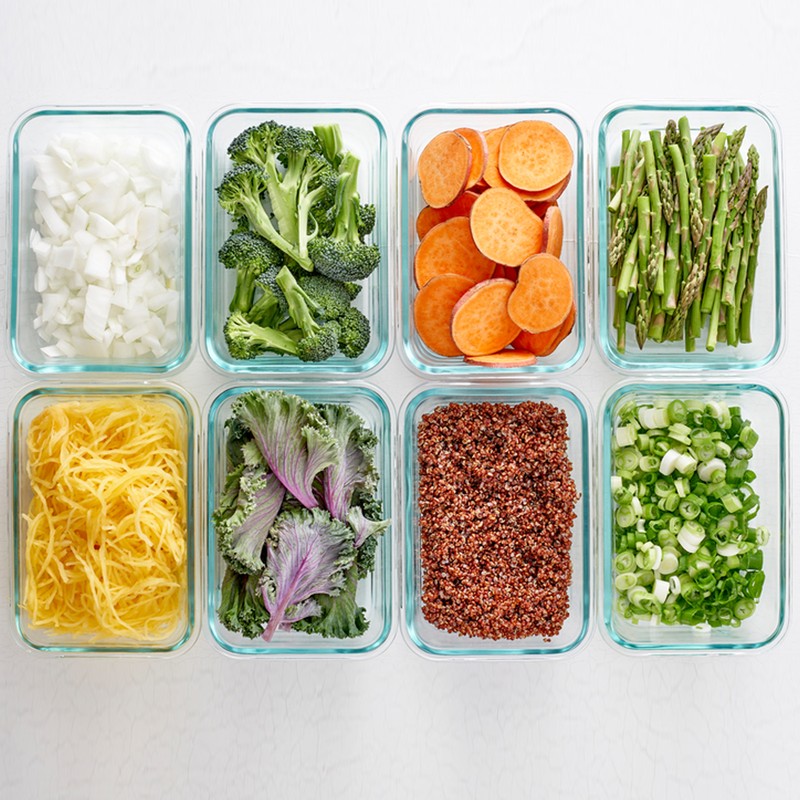The Expert Approved Way To Go Vegan
BE FIBRE SAVVY
Plant-based foods are brimming with nutrients, but cruciferous veggies such as broccoli, cabbage, garlic and onion can cause digestive upset in some people. This is because they contain certain carbohydrates which break down and ferment in the gut, triggering gas, bloating and stomach pains. “If you’ve recently started a vegan diet and are suffering from bloating, this could also be down to the fact your body is adjusting to an increased fibre intake,” explains registered nutritionist Rob Hobson. “As most people tend to replace meat with beans and pulses, this is also a classic example of how bloating can arise,” he says. The average meat-eating Brit eats around 18g fibre a day while vegans can easily eat in excess of 40g.
THE SOLUTION: Lightly steam your veg instead of eating it raw (this will kickstart the breakdown process), and consider soaking nuts before eating or cooking them, which can reduce the phytate content – phytates are compounds in legumes, nuts and seeds which can be tricky to digest, causing gas. When it comes to specific veg, onion and garlic are particularly bloat-inducing, so swap with garlic oil, onion seeds or chives for a similar flavour punch.
CONSIDER CARBS
“People on a vegan diet tend to find they are suddenly eating more grains, pasta and bread, which can cause problems, especially if you are sensitive to yeast or gluten,” explains Rob. As Matt Roberts, personal trainer and nutrition expert adds, “The problem with excessive carbs is that it can lead to a number of health problems, including weight gain, insulin resistance and hormonal imbalances. The likes of beans and legumes are some of the primary plant-based protein sources but are also high in carbohydrates. For example, a cup of quinoa provides 8g of protein and 39g carbs. These carbs can quickly accumulate to result in a very high carb diet.”
THE SOLUTION: While carbs should feature in your diet, try to choose wholegrains over refined carbs – for example, quinoa over pasta, and be mindful about portion sizes. Matt also recommends avoiding doubling up: “If you are having lentils in a meal, see them as your protein and carb and don’t add another carb or grain on top.”
THINK ABOUT PROTEIN
“It’s well-documented you can get more than enough protein from plants, but you do have to be more thoughtful in your ingredient selection to ensure you’re getting enough in every meal,” says founder of The Detox Kitchen Lily Simpson. Rob agrees, saying people obsess over protein, but even those on a well-planned vegan diet will eat more than enough. “The minimum amount of protein for women is 45g per day and that is easily achieved by the vast majority of people on a vegan diet. However, if you are a serious gym bunny or training for a big event then you may have a higher protein requirement. If this is the case, include high-protein snacks in between meals and consider a daily protein shake, which you can either create yourself using soya milk, nut butters and fruit or a pre-bought powder.”
THE SOLUTION: “Try to get a portion of protein with every meal – this is vital for sustained energy throughout the day,” says Lily. “A good example would be quinoa and oat porridge with nuts and seeds for breakfast, followed by a sweet potato stuffed with black beans and avocado for lunch, and a lentil and chickpea burger with roasted veg for dinner.”
DON’T FORGET CALORIES
“Plant-based foods are naturally lower in calories, so those who are particularly active may find they lose a bit of weight when embarking on a vegan diet,” explains Rob. Moreover, those who follow a vegan diet tend to have a lower BMI (body mass index) when compared to the general population or even to vegetarians.
THE SOLUTION: “If you are struggling to meet your energy needs, make sure you are including plenty of energy-dense foods in your diet such as nuts, seeds, oils, avocado, nut butters and tahini,” says Rob. Lily also recommends keeping your cupboards well-stocked for easy meals packed with energy: “Cold-pressed oils and coconut milk are the best sources of plant-based fats. Also consider stocking up on walnuts to go on your porridge, cashews to add to curries, and tahini for delicious dressings.”
TAKE A SUPPLEMENT
Due to a lack of meat, fish and dairy, vegans are more susceptible to certain deficiencies. Studies show 92% of vegans are deficient in vitamin B12, which is crucial for healthy blood formation and brain function. If you’re unusually tired or forgetful, it could be worth taking a B12 supplement. At the same time, non-meat eaters are at an increased risk of an iron deficiency, which puts them at a greater risk of developing anaemia. A vegan diet can also lack omega-3 fats, crucial for brain and heart health – dry skin, brittle hair and soft nails are also signs you could do with an omega boost.
THE SOLUTION: As well as high-quality supplements (we love brands like Solgar, BioCare and Viridian), Lily says knowledge is power when it comes to a well-rounded plant-based diet. “Write a list of around 20 of your favourite plant-based ingredients and write what nutrients they are rich in; stick it on your fridge and it will help you to create meals that are nutritionally balanced,” she advises.
THINK FRESH
On the whole, avoiding animal produce makes for a healthier diet, but be sure to avoid processed foods, which can be high in fat and salt. For example, some popular crisps and biscuits might be vegan (for example, Oreos, Bourbons, chocolate hobnobs and certain flavours of Pringles and Doritos are all deemed vegan-friendly by PETA) but that doesn’t automatically make them nutritious.
THE SOLUTION: When choosing packaged vegan foods, read the label and pick options with as many whole ingredients as possible. When it comes to your plate at mealtimes, fill half of it with fruits and veggies; a quarter with wholegrains; and a quarter with protein. If you’re simply trying to cut back on your meat intake, Rob recommends taking the half and half approach. “Swap out half the meat and fish in recipes for a plant such as beans, lentils, pulses or even blitzed mushrooms. It can go unnoticed and add lots of valuable micronutrients and fibre to the diet.”
Try these products to support a vegan diet...
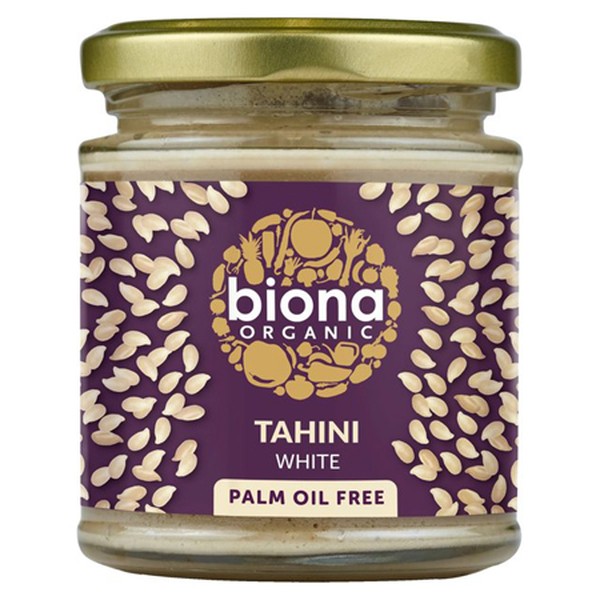
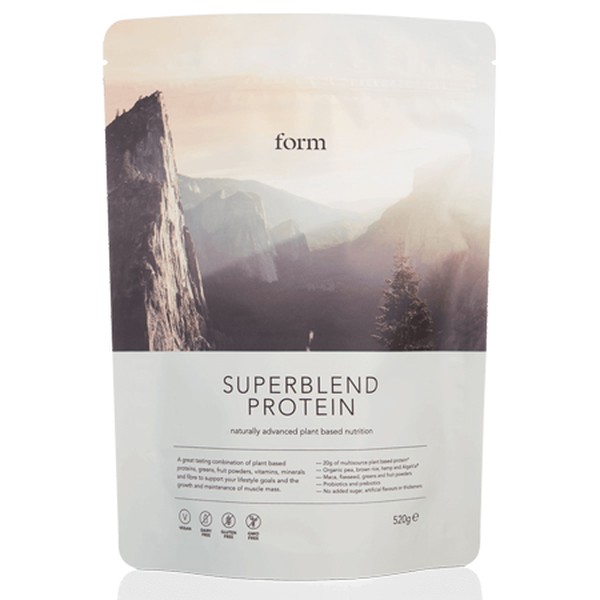
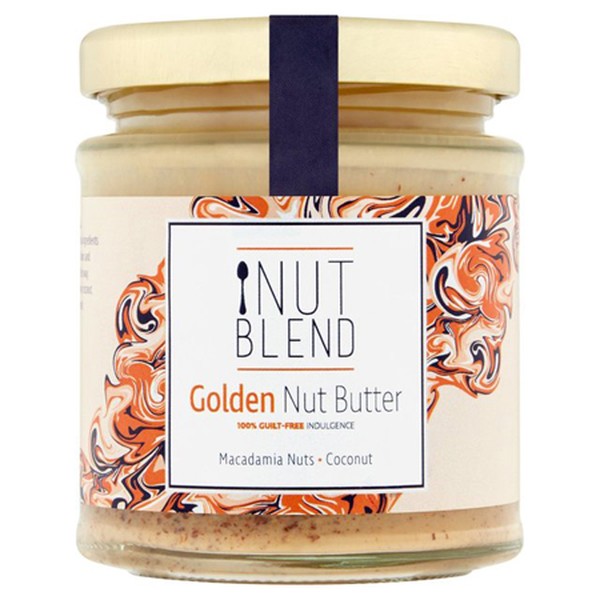
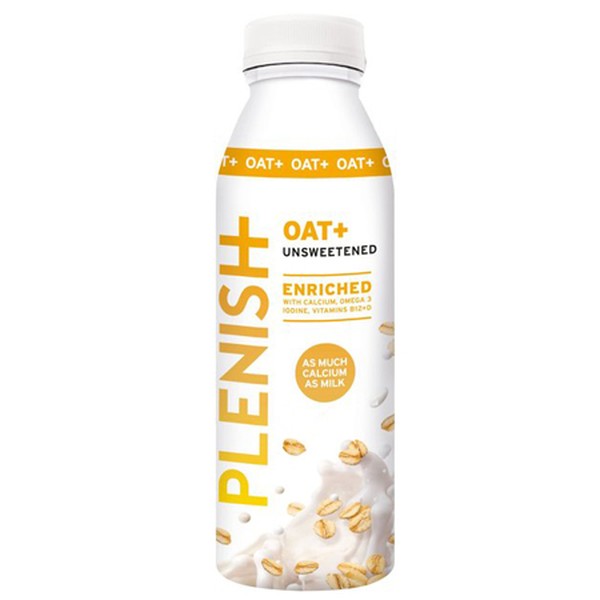
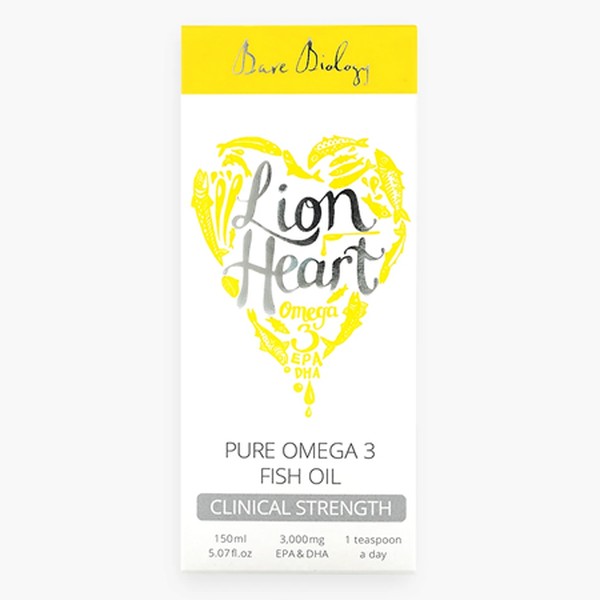
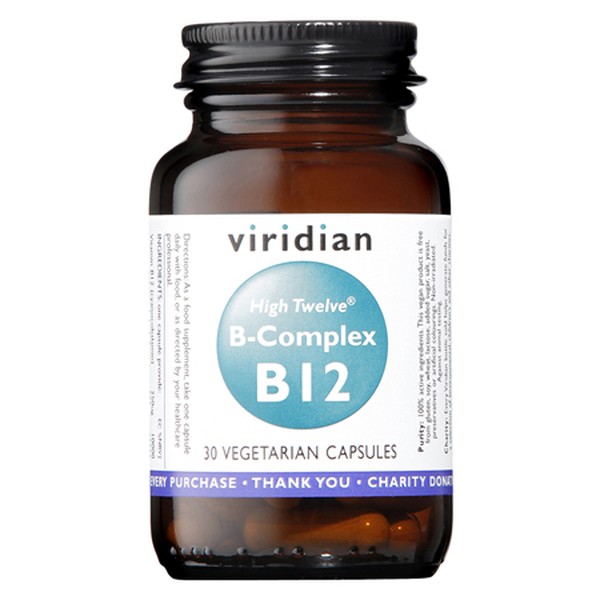
DISCLAIMER: We endeavour to always credit the correct original source of every image we use. If you think a credit may be incorrect, please contact us at info@sheerluxe.com.
